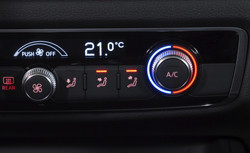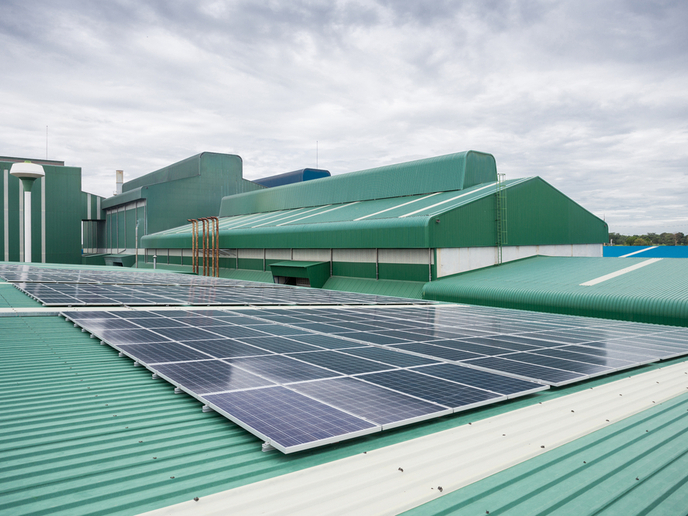Benefits of effective heat management
Car engines and auxiliary systems generate a tremendous amount of heat that needs to be removed for proper functioning. Air conditioning and climate control are an important part of any vehicle thermal management system. Intelligent thermal management can reduce the need for powered cooling and simultaneously keep the engine running efficiently, both of which reduce associated emissions. Numerous innovations on the part of the EU-funded project 'Thermal systems integration for fuel economy' (TIFFE)(opens in new window) significantly reduced the cost of the thermal management system and increased fuel economy by 15%. Scientists focused on four key features. Separate air conditioning loops for transferring cooling power and rejecting heat were designed. This would help maintain thermal comfort even when the engine is off, reducing the need for engine re-starts in hybrid or stop and start vehicles. A dual-level heat rejection system enabled separate removal of high- and low-temperature heat. The former is largely from engine waste heat whereas the latter functions to locally cool vehicle auxiliary systems. Dual-temperature heat removal enhanced the efficiency of engine and combustion as well as auxiliary systems. Innovative heat exchanger design and novel coolants based on nanofluids together with a more aerodynamic front end complete the integrated vehicle thermal system. Researchers developed a simple Excel environmental impact tool to evaluate realistic added fuel consumption due to cooling and heating of the passenger compartment. They compared different air conditioning systems over a year utilising detailed weather data and simulation results in an interpolation algorithm based on a user-specified weekly driving scenario. The TIFFE system outperformed the reference ones. Technology was showcased and validated in two prototypes, a diesel passenger car with stop - and - start function and a diesel light commercial vehicle. On-board thermal energy management is quickly becoming a critical factor in reducing carbon dioxide emissions. TIFFE has provided an integrated solution with demonstrated results.







